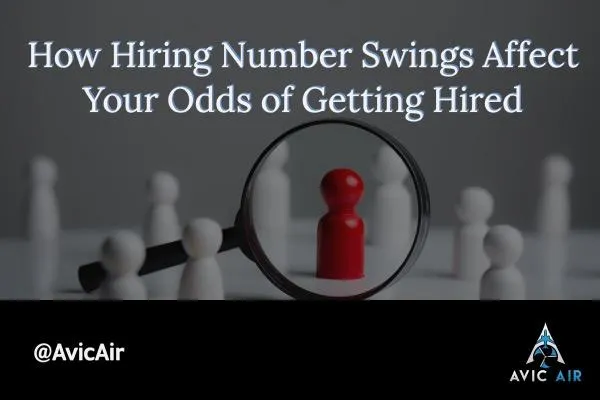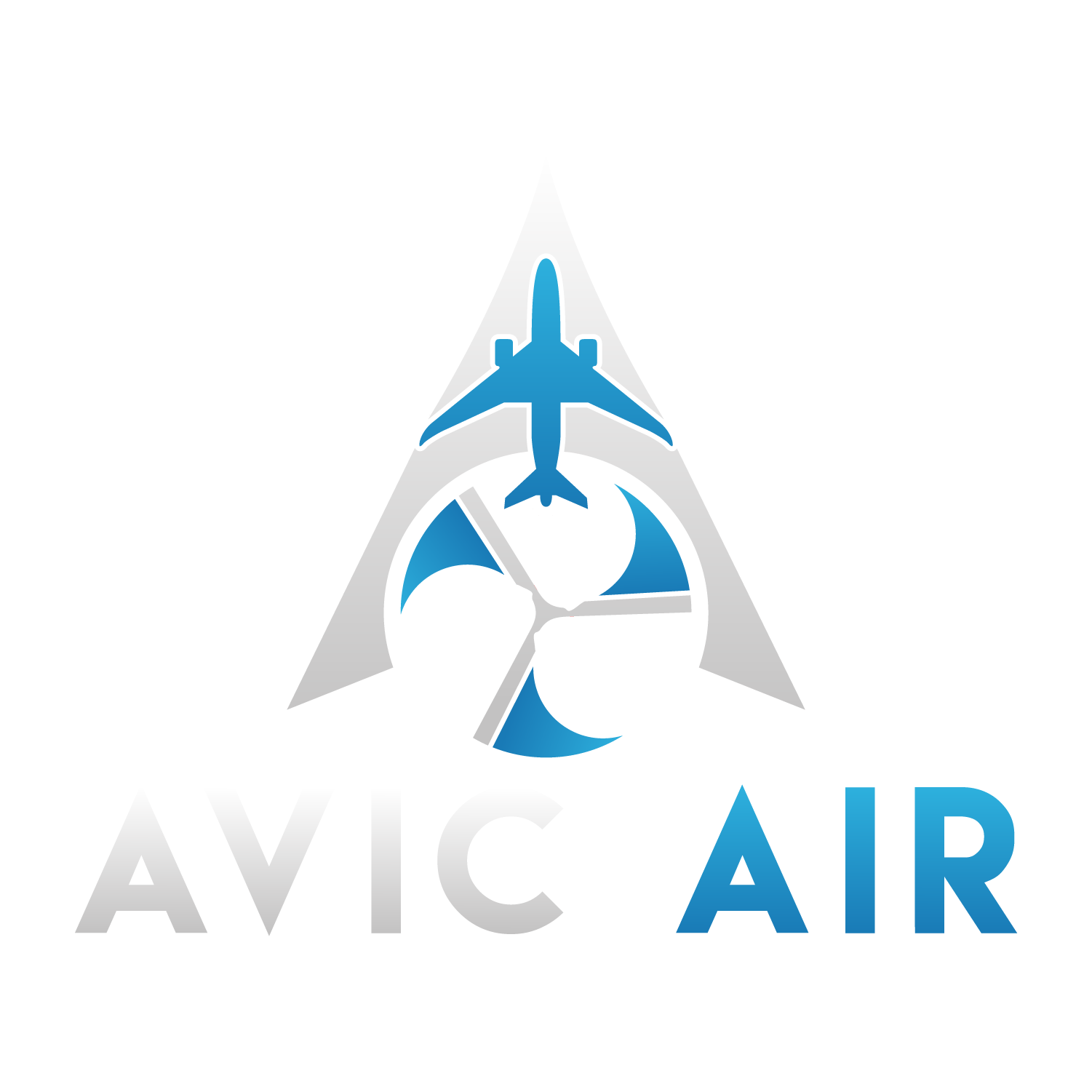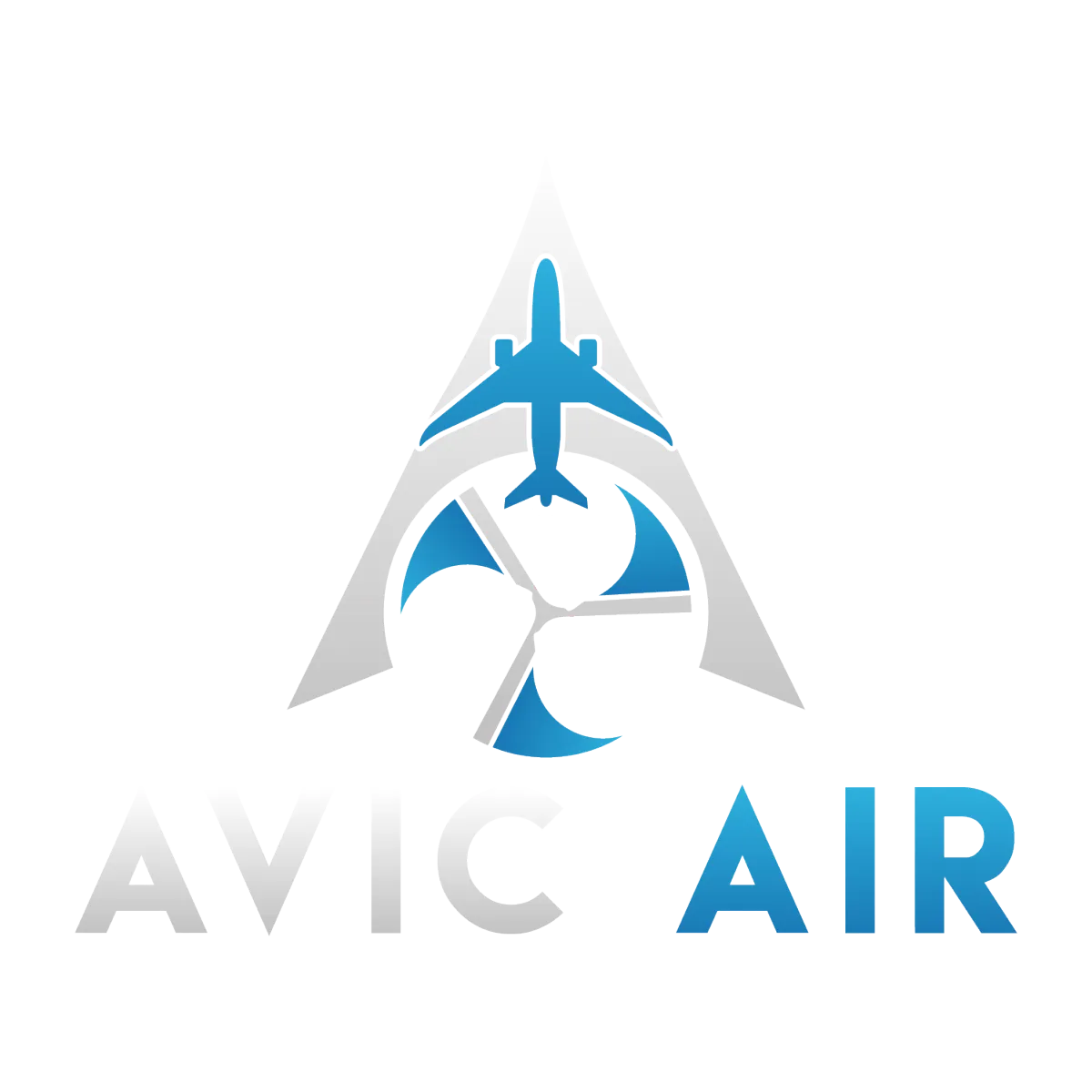Innovative Ideas and Strategies for Aeronautical Success
Aviation Career

How Hiring Number Swings Affect Your Odds of Getting Hired
“Give me six hours to chop down a tree and I will spend the first four sharpening the axe.” - Abraham Lincoln
Introduction:
Navigating Hiring Swings, Industry Influences, and the Importance of Preparation in the Airline Industry
The airline industry operates within a dynamic and complex environment influenced by various factors that shape employment demand and impact the competitiveness of the HR interview process.
Understanding the nature of hiring swings, the impact of industry influences, and the importance of preparation is vital for both HR professionals and job seekers. In this comprehensive article, we will explore the nature of hiring swings, the impact of industry influences, the significance of preparation for pilot candidates, and how these factors contribute to the competitiveness of HR during the interview process.

With that said, here are a few reasons on why you should be prepared even though there is a perception that the airlines will hire "anyone with a pulse!" 👊
Hiring Swings in the Airline Industry:
Hiring swings refer to cyclical patterns of employment demand within the airline industry. These swings are influenced by economic conditions, seasonal fluctuations, industry-specific events, regulatory changes, and other external factors. During periods of economic growth and increased passenger demand, airlines expand their operations, leading to a higher demand for personnel. Conversely, economic downturns or decreased travel demand can result in downsizing and reduced hiring.
Seasonal variations also contribute to hiring swings. Peak travel periods, such as holidays or summer vacations, require airlines to hire additional staff to meet the increased demand. On the other hand, off-peak seasons may witness reduced hiring or even temporary layoffs.
Industry-Specific Events and Hiring Swings:
Industry-specific events have a significant impact on employment demand in the airline industry. Major international conferences, sporting events, or exhibitions can attract a substantial influx of passengers, prompting airlines to hire additional personnel to cater to the increased travel demand. These events create temporary spikes in employment demand, requiring airlines to staff up accordingly.
Conversely, geopolitical events, natural disasters, or global health crises can have a sudden and profound effect on travel demand. These events can lead to a sharp decline in passenger numbers, resulting in reduced hiring or even layoffs as airlines adjust their operations to match the reduced demand.
Impact of Aircraft Delivery Delays:
Delays in aircraft deliveries by manufacturers like Airbus or Boeing can significantly impact hiring swings and the competitiveness of HR during the interview process. Airlines often place orders for new aircraft to expand their fleet or replace older models. However, delays in the manufacturing process, supply chain issues, or regulatory requirements can lead to postponed deliveries.
Airlines make hiring plans based on the anticipated arrival of new aircraft. If the delivery of new planes is delayed, it can disrupt hiring schedules and potentially reduce the number of job openings. This situation intensifies the competition among applicants for the limited positions available. Conversely, prolonged delays can create a surplus of employees, resulting in decreased hiring or even layoffs as the number of positions fails to align with the initially projected demand.
Preparation for Pilot Candidates:
Despite the perception of a pilot shortage and high demand for hiring, being well-prepared for the interview process remains crucial for pilot candidates. While the industry may experience fluctuations in employment demand, the interview process remains highly competitive.
Thorough preparation allows pilot candidates to stand out among other applicants. It enables them to showcase their knowledge, skills, and professionalism effectively. Candidates must possess a deep understanding of aviation regulations, technical proficiency, decision-making abilities, situational awareness, and effective communication skills.
Meeting airline standards and expectations is paramount for pilot candidates. Airlines have stringent requirements for technical proficiency, flight safety, teamwork, and professionalism. By being well-prepared, candidates can align themselves with these standards, demonstrating their commitment to excellence and their ability to meet the airline's expectations.
Additionally, staying updated on industry trends and technological advancements is essential. The aviation industry is continuously evolving with emerging technologies, automation, and new aircraft models. Prepared candidates can effectively address questions related to these advancements, showcasing their adaptability and readiness for the industry's future challenges.
Conclusion:
Understanding the nature of hiring swings, industry influences, and the importance of preparation is crucial in navigating the competitive landscape of the airline industry. Economic conditions, seasonal fluctuations, industry-specific events, regulatory changes, and aircraft delivery delays all contribute to employment demand and affect the competitiveness of HR during the interview process.
For pilot candidates, being well-prepared allows them to stand out among a pool of applicants, meet airline standards and expectations, and showcase their adaptability to industry trends and technological advancements. By acknowledging these factors and investing in thorough preparation, both HR professionals and pilot candidates can navigate the ever-changing dynamics of the airline industry more effectively, ensuring a successful match between talent and opportunities.
Need Prep?
Don't wait until the final hour to prepare for your interview.
It'll be painfully obvious to your interviewers.
STAY BRIEFED
Sign up to be the first to find out when something new lands:
-Events
-Articles
-Podcast
-Courses
Large Call to Action Headline
A-V-I-C stands for Aviation Intelligence Community. Our mission is to improve the quality of life for aviators through shared experience. Be sure to join us on the social media sites @avicair, we love sharing ideas, experience, and intelligence to propel our industry forward.



Facebook
Instagram
X
LinkedIn
Youtube